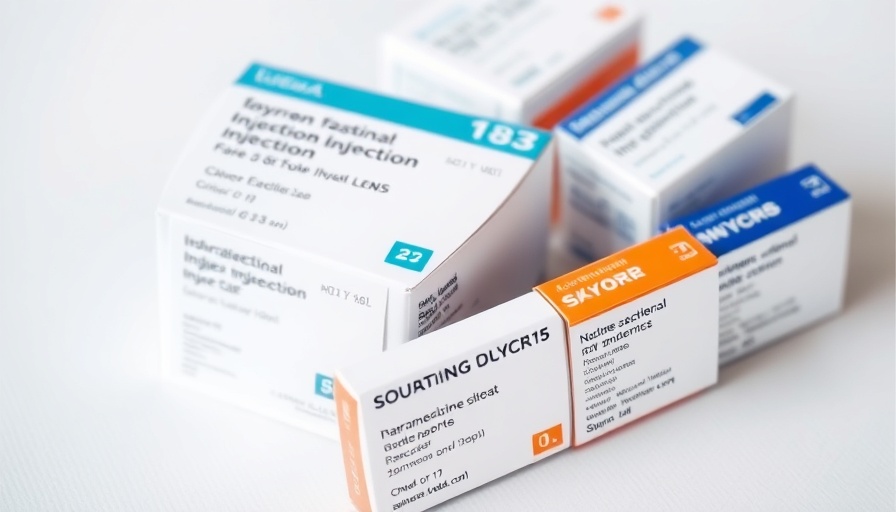
Prices Are Dropping, Yet Access Remains Elusive
Recent years have witnessed a surge in demand for obesity medications like Wegovy and Zepbound, particularly among senior citizens seeking sustainable solutions for weight management. As prices for these treatments reportedly decline, the reality for many remains that access is anything but certain. The frustration felt by patients highlights the critical issue of drug availability in a health system improving in some facets while still leaving many behind.
The Cost Barrier: A Persistent Challenge
Despite a reduction in prices, currently hovering around $500 per month without insurance, these drugs remain financially daunting for many. For those with insurance, coverage varies significantly, with some patients still effectively priced out due to out-of-pocket expenses. As healthcare consultant Matt Maciejewski notes, “The medications should be available, the question is at what price can people sustain that?” This question is not just a logistical challenge; it touches on the broader implications of healthcare accessibility, especially for the senior community.
Understanding GLP-1 Drugs and Their Impact
Category of medications such as Wegovy and Zepbound belong to GLP-1 receptor agonists, which have gained significant traction in recent years. Their rise in popularity is not incidental; many individuals, particularly older adults, are recognizing the benefits in managing their weight. Zepbound generated a whopping $2.3 billion in sales in just the first quarter of the year, pointing towards the increasing acceptance of these drugs as viable solutions.
Insurance Coverage: A Mixed Bag
On a brighter note, recent analyses suggest a rising trend in insurance coverage for GLP-1 medications among businesses. According to the consultant Mercer, larger businesses, particularly those with at least 500 employees, are beginning to include coverage for these drugs under their health plans. This shift is beneficial, but it’s important to note that not all businesses are following suit. While 85% of patients with insurance pay significantly less, this still does not guarantee access for everyone, especially those in smaller firms or with less comprehensive plans.
The Emotional Toll of Availability Challenges
Living with obesity can create emotional stress, particularly as many seniors might feel they are once again at the mercy of a healthcare system that isn’t responsive to their needs. The continued high demand for these medications amid ongoing access issues illustrates a delicate balance of health priorities versus patient realities. Encouragingly, many healthcare providers are finding creative methods to offer alternatives and support to those unable to access these drugs. Education and resources are paramount in helping individuals find the tools needed to navigate their weight loss journeys.
Hope on the Horizon: The Future of Obesity Treatments
While currently challenging, there is hope for the future of obesity medications. Experts believe that as more patients advocate for better access and coverage, the healthcare industry will continue to adapt. Furthermore, the pressure on pharmaceutical companies and insurers to expand access to these life-changing medications is mounting. With support from advocacy groups and the aging population itself, movement towards a more inclusive healthcare model can grow stronger.
Your Role in This Narrative: Taking Action
There’s power in numbers. As seniors in Louisiana, your voices matter in the conversation about healthcare policies and drug accessibility. Reach out to local representatives, share your concerns and stories, and advocate for better access to essential medications. Each action can lead to broader changes, creating a future where obesity drugs like Wegovy and Zepbound are attainable for everyone who needs them.
In exploring the evolving landscape of obesity medications and their accessibility, it’s essential to actively engage in discussions, pursue information on emerging alternatives, and rally for comprehensive plans that prioritize patient health.
 Add Row
Add Row  Add
Add 



Write A Comment